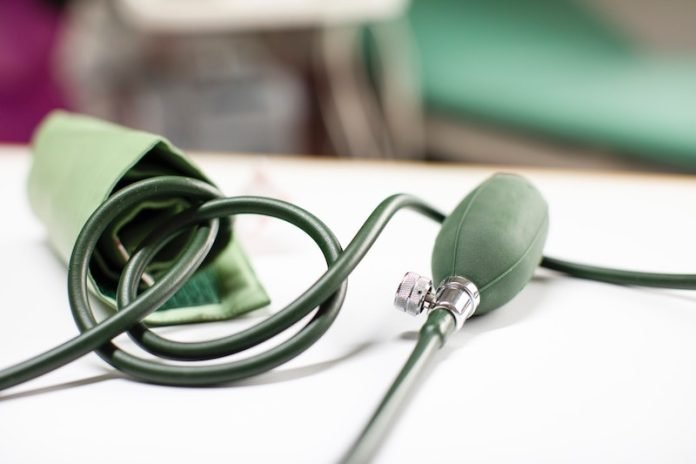
High blood pressure is a bit like a silent bully. It doesn’t cause any pain, but it can cause serious damage to your heart and blood vessels.
It’s a problem where blood pushes too hard against the walls of your blood vessels. This can lead to things like heart attacks or strokes, which are very dangerous.
A team of doctors from Australia might have found a new way to deal with this bully.
The Big Idea: Combining Blood Pressure Medicines
Dr. Nelson Wang from the University of New South Wales and his team had a creative idea. They wanted to see if using a cocktail of blood pressure medicines worked better than just one.
This cocktail, called “low-dose combination” (LDC) medicines, mixes three or four different types of medicines together.
The team didn’t start from scratch. They looked at experiments done by other scientists.
These experiments compared using LDC medicines to one medicine, the normal treatment, or a dummy medicine, which is called a placebo.
What They Found: A Greater Drop in Blood Pressure
After studying seven different trials involving nearly 2,000 patients, Dr. Wang and his team made an exciting discovery.
Patients who took the LDC medicines had a bigger drop in their blood pressure than those who took one medicine, the normal treatment, or the dummy medicine.
This happened between one and three months after starting the medicines.
What’s more, more people who took LDC medicines were able to get their blood pressure to a safe level. This level is less than 140/90 mm Hg, which doctors use as a guide.
From all the people taking LDC medicines, 66 out of 100 reached this safe level. This is much more than the 46 out of 100 who took one medicine or normal treatment.
And for the dummy medicine, only 18 out of 100 got to the safe level.
The Long-term Effect: LDC Medicines Still on Top
Two of the trials went on for six to twelve months. Even after all this time, the LDC medicines were still more effective than one medicine or normal treatment.
There were some side effects, like dizziness, but these were not serious and didn’t make patients stop the treatment.
Dr. Wang and his team believe that LDC medicines could be a big step forward in treating high blood pressure. They think that these medicines can help 70 out of 100 people reach a safe blood pressure level.
But they want to do even better. They hope to find a way to make the treatment even more effective without causing side effects. They’re already planning more research to find out how to do this.
Some Things to Keep in Mind: Money Connections and Future Plans
It’s important to know that some of the scientists involved in this study have ties to companies that make medicines.
Some of them also have patent applications, which means they might make money from this idea in the future.
This doesn’t mean the research is bad. It’s actually quite common in this type of work. But it’s something good to keep in mind.
For More Information: Other Ways to Control Blood Pressure
If you’re interested in blood pressure, there are other things you might want to know. For example, eating black licorice can cause dangerous high blood pressure.
But certain plant pigments can actually help to lower blood pressure. There’s also some information about treating slightly high blood pressure, and how a common painkiller could raise your blood pressure.
This study was published in JAMA Cardiology. It’s just one piece of the puzzle in understanding how to deal with high blood pressure, but it’s a pretty exciting one. Keep your eyes open for more updates on this topic!
If you care about high blood pressure, please read studies about how fasting may help reverse high blood pressure naturally, and this diet could help reduce high blood pressure.
For more information about blood pressure, please see recent studies about why people with high blood pressure more likely to have severe COVID-19, and results showing an important but ignored cause of high blood pressure.
Follow us on Twitter for more articles about this topic.
Copyright © 2023 Knowridge Science Report. All rights reserved.



